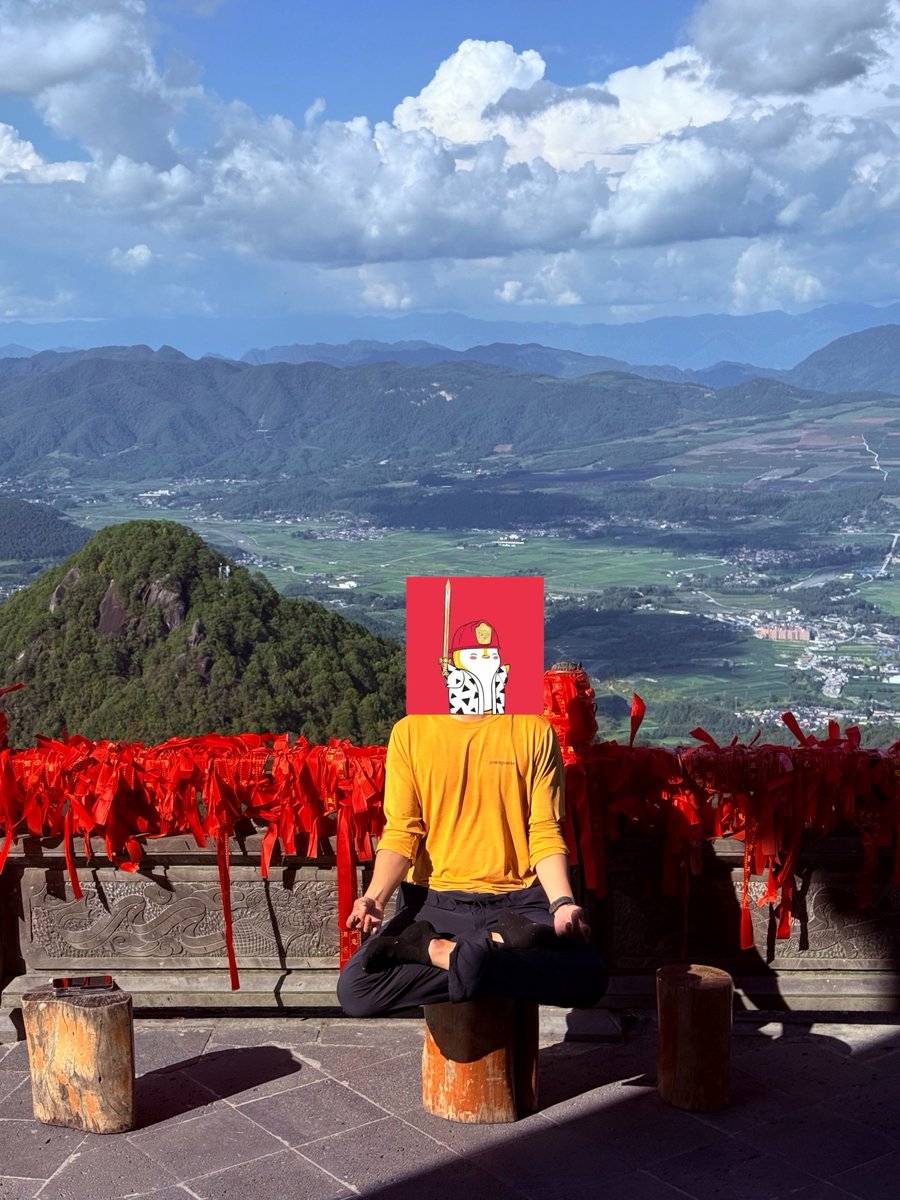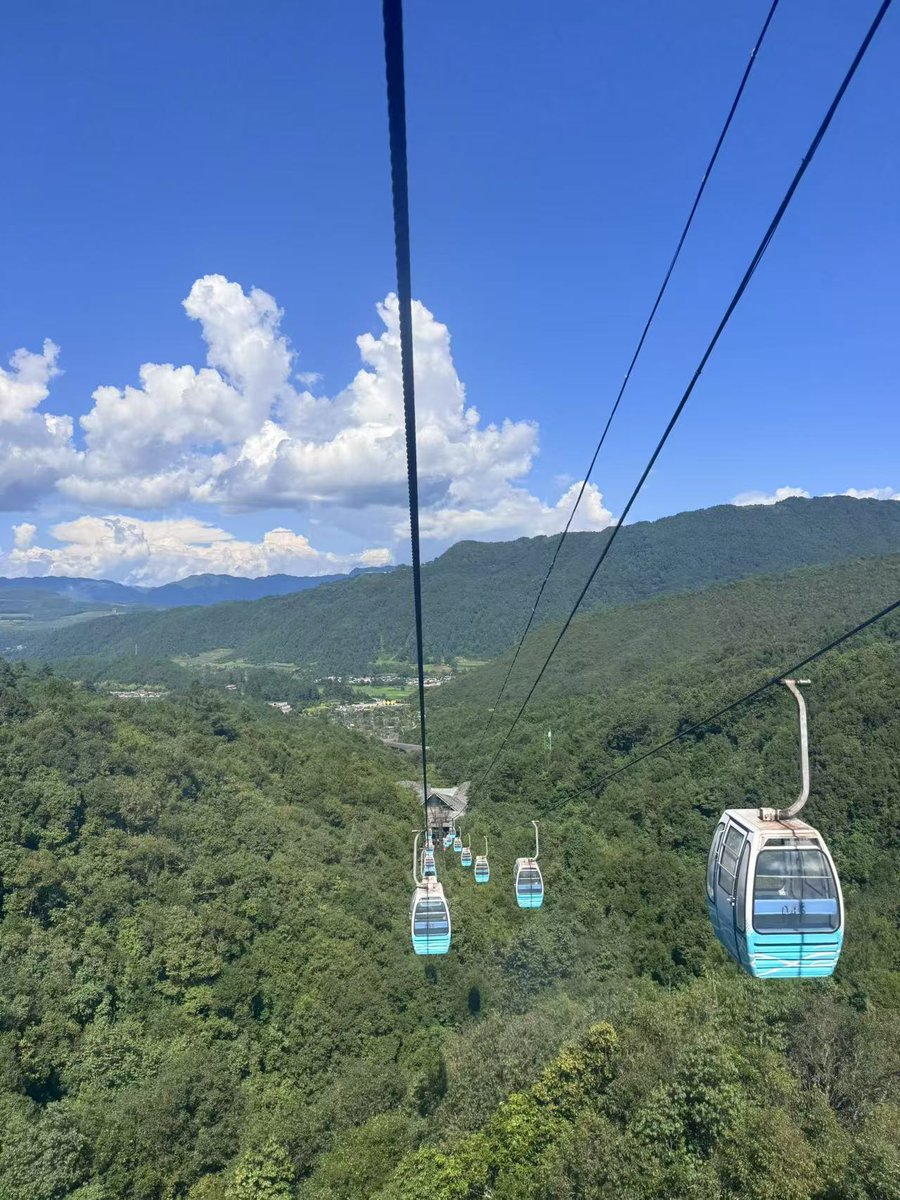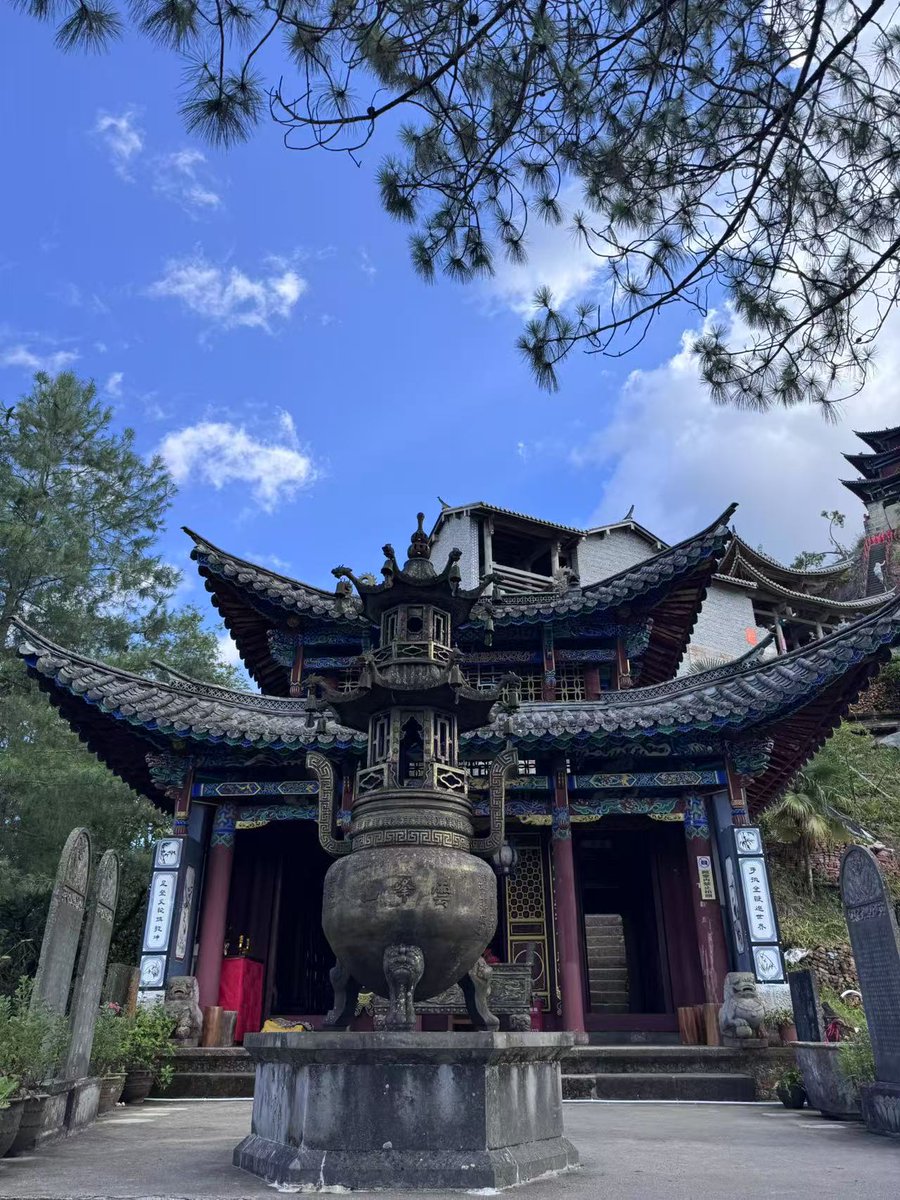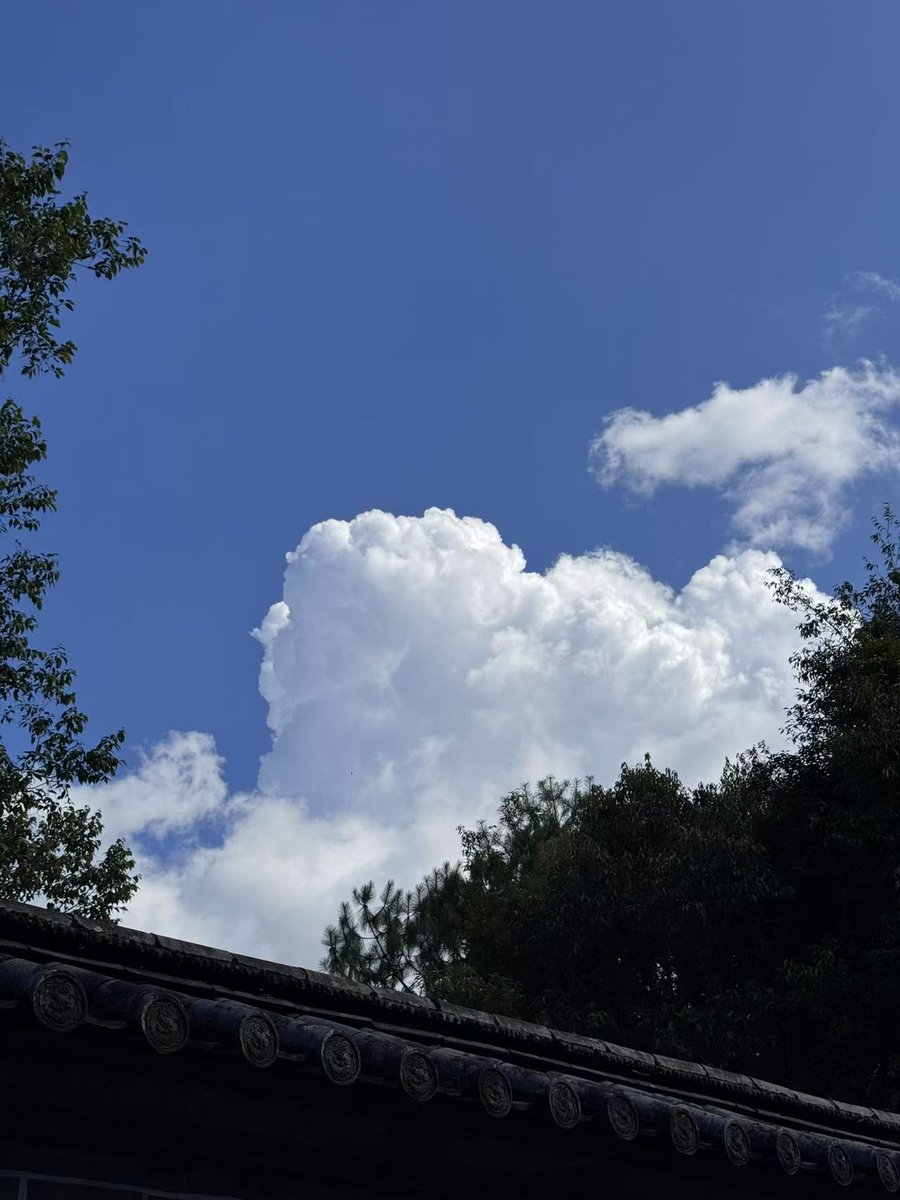腾冲云峰山,中国390年历史的道观,这里禅修冥想,灵气十足。跟道长交谈了一番,感悟颇深,做一下分享。
情绪是业力之源,烦恼是资本之敌
当道长跟我说——“世间没有一颗真的想伤害你的心”。听完这句话,我的心里瞬间被击中。
在投资这条路上,我见惯了人性的贪婪与恐惧,包括我自己。在市场上涨的时候,我们容易变得自大、盲目乐观;而下跌时,则充满怨恨与自责,甚至怀疑整个世界都在针对我们。
道长接着说:真正做出那些“伤害”的,不是我们本质的心,而是那一刻被情绪绑架的我们。
我记得有一次在一场连续亏损的周期中,情绪极度低落,有投资伙伴对我提出质疑,我当下不仅没有回应得体,反而在心里对他生出许多不必要的评判。这不是我平时会做的决定。事后我意识到,那不是我“理性的投资人”那部分,而是我情绪“烦恼之影”的投射。
就像道长所说的,“业,是你在不好的情绪之下做出来的行为。” 我们在糟糕的情绪中,往往酿出最坏的决策,无论是对他人,还是对自己。
越执着,越脆弱;越觉察,越自由
我也曾把事业、家庭、亲密关系,看作非成功不可的“任务”。因为我“执着”它们一定要成功,才配得上自己付出的努力,才值得存在。结果是,我变得非常容易受伤,过度敏感,稍有风吹草动就会感到愤怒、焦虑、失望。
道长跟我说:执着的反面是恐惧,恐惧让人暴露所有的伤口。
在冥想中我常观察到这个现象:当我紧紧抓住一个目标(例如一个必须盈利的投资,一段必须稳定的关系),我的心就会开始不安,呼吸也会变浅,整个人变得“离开当下”,只是活在一个虚构的未来。
但当我松开执念,哪怕只是5分钟,让自己回到此刻的呼吸、身体、当下拥有的一切,我又重新感受到一种微妙的平静。这种平静不是软弱,而是一种力量,是你清楚知道:不是靠抓住什么才不被伤害,而是靠看见你为什么想要抓住。
“为了我不被伤害,我的心需要平静”——这就是终极投资智慧
这句话对我来说,像是一颗禅定中的明珠。
在市场中,我越来越意识到,真正能穿越牛熊、把握长期趋势的投资人,并不是预测最准的人,而是内心稳定、看得清楚、愿意等待的人。
冥想教会我在市场的暴风眼中保持一个“中心不动”的心态,这种心态让我在别人恐慌时能静下来思考,在别人贪婪时不被卷入狂热。
我们总以为外在的世界控制了我们,其实真正操纵我们的是“内心未被看见的烦恼”。如果连自己都不熟悉自己的内心,又怎能看懂别人、看懂趋势、看懂市场呢?
慈悲,是一种最高级的判断力
道长提到一个非常佛性的视角——“我们每一个人的伤害行为,本质上都来自内心的不平静”。这对我影响极大。
我曾经对合作失败的对象充满愤怒,觉得他们背叛了我。但后来我明白,那只是他们在自己生命烦恼的控制下做出的选择,和我无关。我不需要报复,不需要攻击,甚至不需要讨回“正义”。
我只需要看清楚:这只是烦恼的传递链条,而我要做的,是在这条链条中止步。
慈悲,不是放过别人,而是放过自己,不让自己也变成烦恼的传染者。
最后道长说到:‘回归当下,才是最大的投资回报,我们为了“提高生活质量”而忽略了生活质量本身。
我觉得这句话说的太对了,作为投资人,我每年看几百个项目、见无数团队、分析无数数据,有时候却忘了跟父母好好吃一顿饭,跟爱人安静走一次路。忘了原来这些才是已经实现的“投资回报”。
我们想要变得更成功、更自由、更被认可,却忽略了:真正的自由,是心的自由,真正的财富,是觉知的当下。
所以今天,我深深记下这一句话,也愿与粉丝们共勉:
为了我不被伤害,我的心需要平静;
为了我不去伤害他人,我的心也需要平静。
这,或许是我们这个时代最值得投资的地方——内心的宁静力。




免责声明:本文章仅代表作者个人观点,不代表本平台的立场和观点。本文章仅供信息分享,不构成对任何人的任何投资建议。用户与作者之间的任何争议,与本平台无关。如网页中刊载的文章或图片涉及侵权,请提供相关的权利证明和身份证明发送邮件到support@aicoin.com,本平台相关工作人员将会进行核查。




